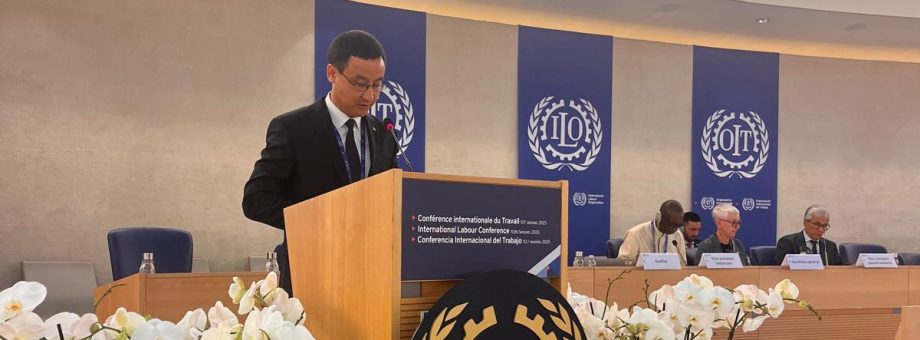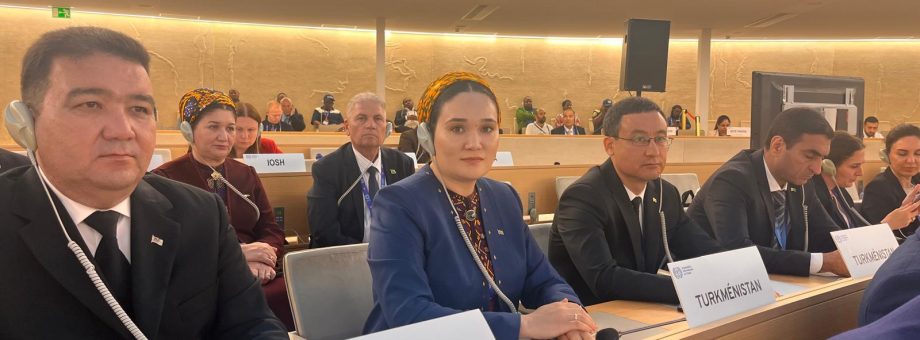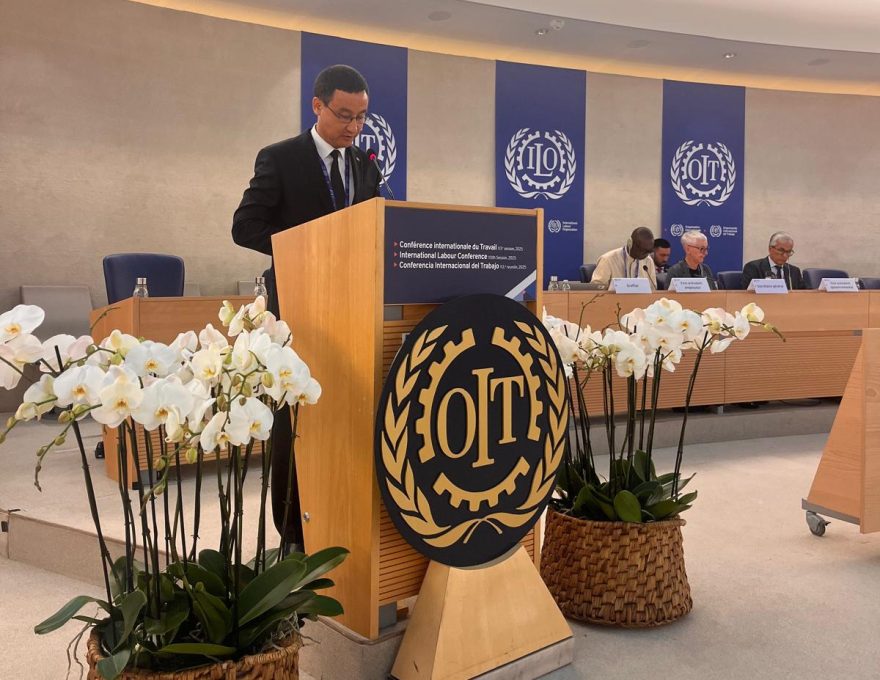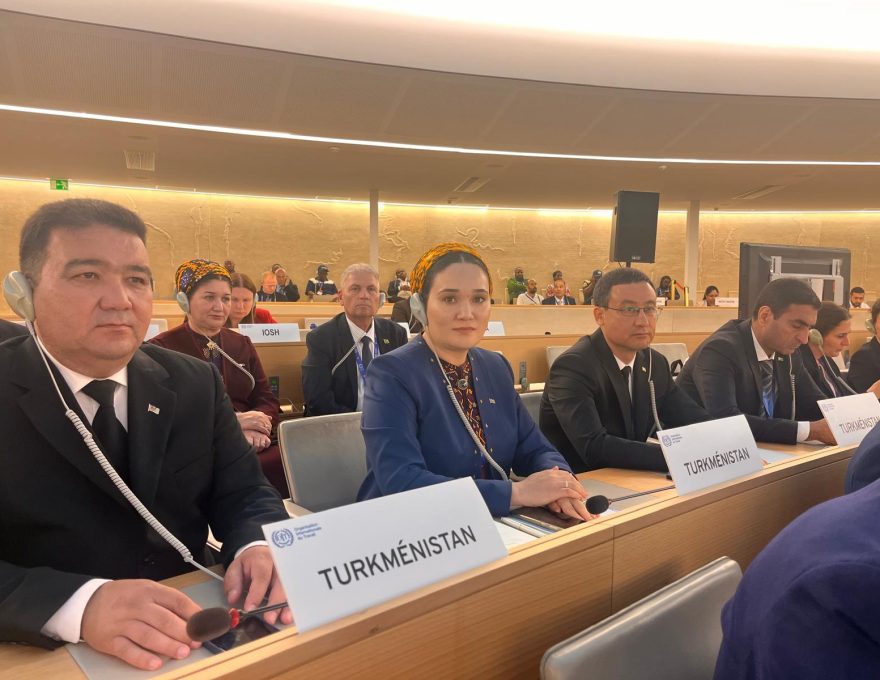TURKMENISTAN FOR STRENGTHENING SOCIAL DIALOGUE AND LABOUR RIGHTS: STATEMENTS AT THE 113TH SESSION OF THE ILC
On June 4, the delegation of Turkmenistan participating in the 113th Session of the International Labour Conference (ILC) delivered statements at the plenary session of the Conference.
In his statement, the Minister of Labour and Social Protection of the Population of Turkmenistan, M. Sylapov, emphasized the country's commitment to the principles of social justice, decent work, and international cooperation. He expressed gratitude to the ILO for its consistent efforts in promoting these values at the global level.
Particular attention was given by the Minister to the issues of sustainable economic growth, fair employment, and respect for labour rights, noting the relevance of the ILO Director-General's report "Jobs, Rights, and Growth: Strengthening the Linkage". He stressed that the approach proposed in the report fully corresponds to the strategic priorities of Turkmenistan, reflected in the “National Programme of Socio-Economic Development for 2022–2052”.
Separately, the Minister noted that social dialogue is increasingly recognized in the country as an effective tool for the formation and implementation of state policy in the areas of labour, employment, and social protection. He emphasized that respect for labour rights is the foundation of sustainable development, social stability, and the well-being of the population.
In conclusion, the head of the delegation reaffirmed Turkmenistan’s readiness for further active cooperation with the ILO, international partners, and member states on issues of developing social and labour policy. He expressed confidence that only through joint efforts is it possible to build a more just and sustainable future.
Within the framework of the plenary session, the Head of the National Centre of Trade Unions of Turkmenistan, O. Berdiliyeva, also delivered a statement. In her speech, she noted that the trade unions of Turkmenistan actively participate in the formation of state social policy in the format of tripartite interaction — "government – employers – trade unions".
Particular attention is given to issues of employment, occupational safety and health, gender equality, support for youth and vulnerable population groups.
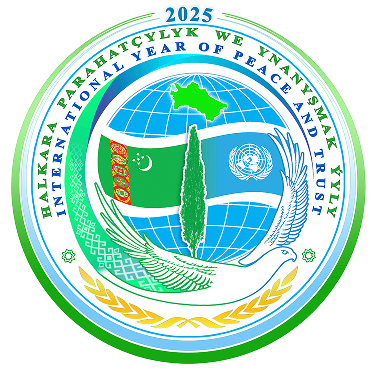

 NEWS
NEWS
